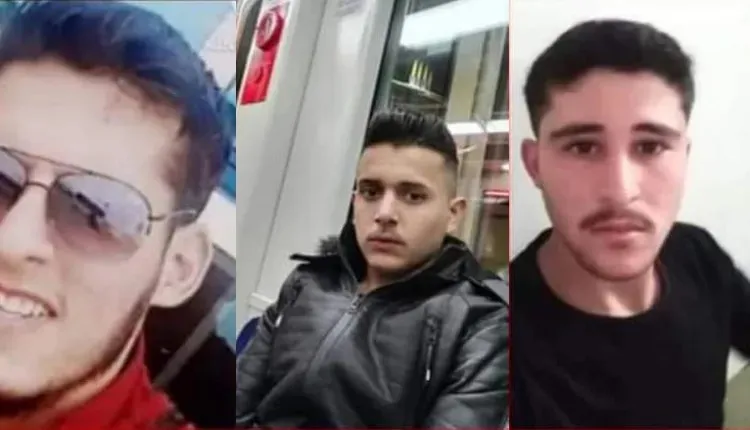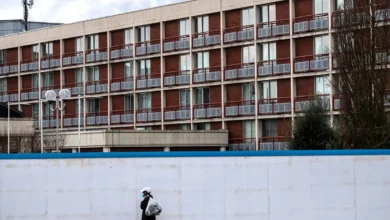Izmir.. A Turkish court accepts a “life sentence” request for an accused of burning Syrian refugees

The First High Criminal Court in Izmir accepted a list of allegations of premeditated murder and property damage against a Turkish citizen who killed three Syrian workers, by setting fire to their place of residence in the western state of Izmir.
The Turkish “Orta Dogu Haber” website said that the evidence collected by the Public Prosecutor at the Criminal Court in Izmir confirmed that Kamal Korkmaz started a fire with the aim of killing three Syrians at their workplace in Izmir.
The Public Prosecutor concluded that Korokmaz intentionally killed three people, as it requested a “aggravated life imprisonment” separately (three life sentences) for Kemal Korkmaz, for committing the crime of “intentionally killing and setting fire.”
The accused was also requested to be imprisoned for up to six years for “damaging property through negligence,” and the court agreed to accept the indictment.
The Turkish newspaper “Cumhuriyet” also said that the security camera recordings in the vicinity of the crime scene confirmed that the car belonging to Korokmaz was spotted in the vicinity of the “crime scene.”
These same recordings later confirmed that the accused changed his clothes in the toilet of the “Haci Yeneler” mosque, which is close to the scene of the accident, as he was carrying a “heavy” bag in his hand when he entered it.
After the fire broke out, Korkmaz returned to the toilet of the same mosque, with an “empty bag” in his hand, changed his clothes and left in his car.
He was arrested for a separate crime
The same Turkish media sources confirmed that the accused, Kemal Korkmaz, was arrested, on November 29, 2021, after his involvement in a theft and assault case in a separate location.
During his investigations, the accused said that he continued to work in the same company in which the Syrian youth were killed after returning from the army, but he stopped working in it “because the Syrian immigrants were working in the company as cheap labour.”
And with the emergence of Korkmaz’s old records and the accusations against him of killing three Syrians by burning them, while they were sleeping in a room in which they lived in Izmir, the court transferred the accused to the “Manisa” Hospital for Psychiatric and Neurological Diseases, which in turn issued a report stating that the accused “was able to understand the legal meaning and the consequences of act in relation to the crimes of which he is accused,” if he was not afflicted with a mental illness of a degree that would reduce or eliminate his ability to direct his behaviour.
The victims
On the night of October 16, 2021, a fire broke out in a room inhabited by young Syrians, Ahmed Al-Ali (21 years old), Mamoun Al-Nabhan (23 years old), and Muhammad Al-Hussein Abdo Al-Bish (17 years old), who were working in a cement company near their place of residence in the Guzelbahce neighborhood. in Izmir Province.
The bodies of the three Syrians were buried in the same state after an autopsy by the forensic medicine department, according to Hurriyet newspaper.
Refugee rights activist Taha al-Ghazi posted, on his Facebook account, on the anniversary of the killing of the three young men, that the criminal court in the state did not file an indictment for the perpetrator, despite the passage of a year since the incident.
He added that a number of Turkish human rights organizations and bodies in Izmir have worked to ask the official authorities to complete the investigation stages, and to start the lawsuit procedures according to its principles and legal paths.
The activist quoted Turkish lawyer Zafer Ince, director of the Human Rights Organization (İHD) in Izmir, as saying that several parties “sought to obliterate the motives of the racist crime.”
These attempts were evident in the report of the fire brigade committee, which stated that “the cause of the fire was due to an electrical short circuit, despite the perpetrator’s admission that he was the one who set the room on fire.”
In addition to the defendant’s lawyer’s claim that his client is “mentally unstable,” which was followed by Lawyer Dhafer’s request to refer the perpetrator to the “Menisa” mental hospital.




